
Vacuums that use water filtration or simply water vacuums are becoming the new trend of vacuum cleaning technology. These innovative devices are particularly effective at getting rid of pet odors that can linger in traditional vacuum cleaners.
There’s a good chance you’ve never heard of this type of unit or technology before, as it’s still relatively new and not quite the industry standard (at least not yet).
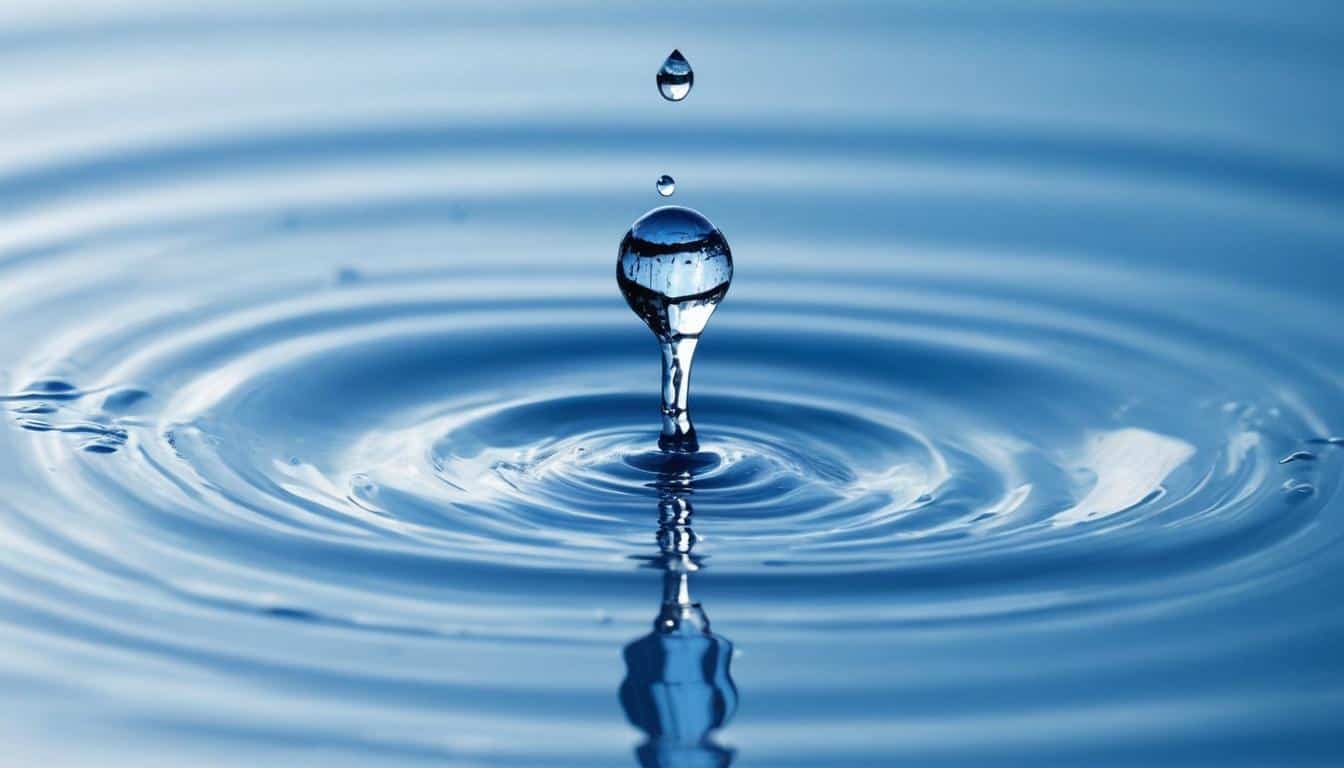
So, let’s take a closer look at what they are and what makes them different to traditional vacuum cleaners?
“It’s vital to understand that no two vacuum filtration systems are exactly alike. Water filtration vacuums, while efficient in trapping larger pollutants, might not be as competent as HEPA filters in capturing smaller micron-sized particulates. However, they do offer the advantage of binding dust particles in water, preventing them from re-entering the indoor air. From a health perspective, the choice depends on individual needs, considering factors such as allergies and sensitivities.”
Norris Keppler, Industrial Environmental Engineer
What Are Water Filter Vacuums
The difference between a regular vacuum unit and a water filtration vacuum cleaner is the filter technology and how it collects the dust after suction.
A regular vacuum cleaner will suck dust / debris into a bag or dust bin. The air has to flow out the vacuum cleaner to allow for continuous suction. However, you don’t want the out flowing air to blow out the dust that’s just been vacuumed up. So a HEPA filter, made from cloth prevents that from happening. HEPA stands for high efficiency particulate air.
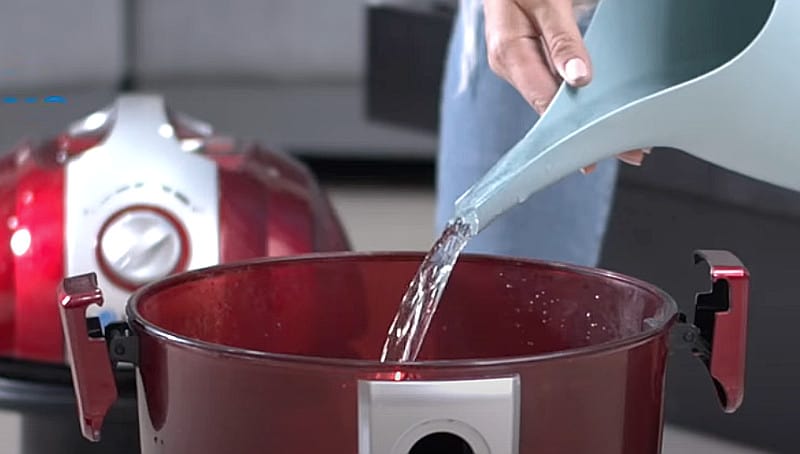
Water filtration vacuums work much in the same way. They suck dust throughly, however, rather than collecting the dust in a bag or bin, they use water as the filter instead.
HEPA: An acronym for high-efficiency particulate absorbing, is a filter that’s specifically design to absorb 99.9% of particles equal to 0.3 μm. The efficiency increases for particle diameters both less than and greater than 0.3 μm.
How Exactly Do Water Filter Units Work?
Quick answer
Water filter vacuums are better than HEPA filter vacuums in almost all the departments: efficiency, maintenance, hygiene. However, they tend to be more expensive and heavier.
When suction takes place, instead of dirt going into a bag or bin, it gets trapped inside the water. This method is especially effective for cleaning hardwood floors without scratching or damaging the surface.
As a result, clean air passes through the water (without dust / debris) and back out the machine to allow for continuous uninterrupted suction.
Essentially, when dust has water added to it, it prevents it from rising up in the air and back out the machine.
Once the water no longer looks see-through, it’s time to empty it out and refill with fresh water.
Are Water Filters Better At Filtering?
As much as I wish there was a clear cut answer, it depends on preference. For my perspective, with all things being equal, I’d say the water filter vacuum provides more advantages than standard filter. One significant benefit is that water filtration systems don’t develop unpleasant odors as easily as traditional vacuums vacuum provides more advantages than standard filter.
Let’s take a look as some pros and cons to give you a reference, so you can make up your own mind:
Pros of Water Filtration Systems
Cons of Water Filtration Systems
Available Type of Water Vacuums
As it stands, there are only 2 types of water filter vacuum cleaners on the market.
Those are the canister and upright types, with the canister ones being the more popular of the two.
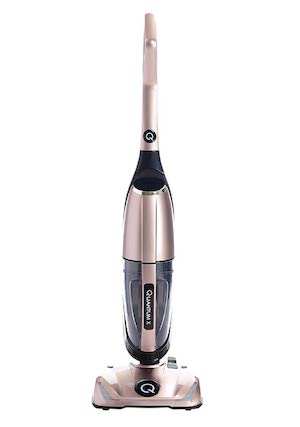
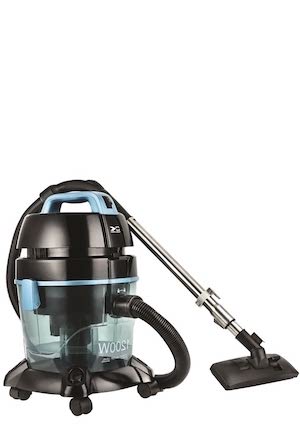
Water canister vacuums have a lower center of gravity, making them easier to maneuver. Water upright machines typically have their tanks higher up, which ultimately means the mass of water being higher up. This makes it harder to push and control the machine, especially on carpeted surfaces
.
What To Consider When Buying Your Water Filtration Vaccum Cleaner
When buying a water filtration vacuum cleaner, just as with any other device, there are a number of factors you should take into consideration in order to make the correct choice.
Assessing these factors correctly, however, is not always easy, as there is little in the way of actual facts readily available to the average consumer.
That is where this guide comes in. We have collected all the relevant data about the properties of water filtration vacuum cleaners and their use in everyday life with the goal of helping you make the right choice with yourself.
You will find all that you need to know about water filtration vacuum cleaners, from their size and weight, to the surfaces they are best suited for and even the price range of different brands. So, let’s get right into it.
Size
First of all, to use any vacuum cleaner, water filtration one included, you will have to move it around your living space a lot. This means that the size of the device itself needs to be the first factor addressed when choosing your purchase, as not all sizes are suitable to all homes, or all owners.
What might be appropriate for a 500 square feet apartment might not be enough for a 3000 square feet family home.
Likewise, a young healthy married couple can make better use of a massive vacuum cleaner than a retired old lady. Not to mention the fact that bigger, heavier vacuum cleaners tend to consume more electricity and are outright 2 times more expensive when you buy them. So, what is the right size for you, then?
There is no certified rule of thumb here: choose a vacuum cleaner you are confident you will be able to carry around, even up and downstairs if necessary. Unfortunately, water in the filter tends to make these vacuum cleaners almost 2 times heavier than their competitors from the same class.
Noise Level
Water filtration vacuum cleaners are often considered to be less noisy than the ordinary air-filtered ones, but that might not always be the case.
Any vacuum cleaner should have its noise levels in decibels (Db) measured prior to being released for sale, and those levels being declared on the unit’s packaging. These levels are usually between 65 and 75 dB for most vacuum cleaners, but as we said, water filtration ones tend to be on a quieter side and thus, better in a shared living environment.
There are, however, very noisy water filtration vacuum cleaners whose noise levels go over 80dB which is not advisable, thus choosing a proven and certified brand is very important.
Floor-Type
One distinct advantage that water filtration vacuum cleaners have over other types of cleaning units is their adaptability to various floor types. Whereas a regular air-filtered vacuum cleaner would find it impossible (and even dangerous) to clean wet surfaces, water vacuum units have no such problem due to the fact they use water as filter. If you have a luxurious flooring you should consider a more expensive vacuum, one that is at least $300 dollars.
Even things like vacuuming a spilled drink or a plate full of soup that your four-year-old has thrown to the floor in a childish tantrum aren’t out of the realm of possibility when you own a water filtration vacuum cleaner. These versatile machines often have a longer battery run time compared to traditional cordless vacuums, allowing you to clean up messes without interruption.
Furthermore, they can be used on literally any surface in your home that you can think of: this versatility, much greater than in other types of vacuum cleaners, Is undoubtedly their greatest strength.
Brands
With the water filtration vacuum cleaners rising in popularity worldwide over the last decade, the number of brands producing such units has risen dramatically.
This does not mean, however, that all those brands can, or should, be trusted. In fact, there are many companies that are selling cheap, untested, or even dangerous water filtration vacuum cleaners that haven’t passed the right security testing. And even if such tests have been performed, the results are often falsified.
Not to mention the lack of spare parts, available servicing, or just false advertisement in terms of noise levels that you can, and will, often find if you go to a shady dealer.
Luckily for you, we have prepared a shortlist of the best and most trusted water filtration vacuum cleaner brands from you to choose from, helping you avoid the hassle that comes with having to research all that yourself.
The Best Water Filtration Vacuum Cleaners Names
As we said already, the number of water filtration vacuum cleaner producers is constantly increasing, and with it, the difference in quality between various brands increases as well.
Because of this, the life expectancy of a vacuum cleaner, perhaps now more than ever, is important. It is estimated that a vacuum cleaner can last 8 years aprox. Choose the right brand, as it can save you a lot of grief over the course of the unit’s lifetime and can even be cheaper in the long run. Here are some brand suggestions for you to check out.
Cleaning With Water Final Thoughts
Although there aren’t many options on the market, these vacuum cleaners are growing in popularity, leading me to believe, with further technological improvements, they will become the standard.
Does vacuuming trigger your allergies? Are you tired of having to empty your bin and clean out your filter to maintain suction? Then it’s time to try a water filtration vacuum!
References
https://smartairfilters.com/en/blog/how-to-clean-wash-hepa-filter/
https://www.digitaltrends.com/home/how-to-clean-vacuum-hepa-filters/

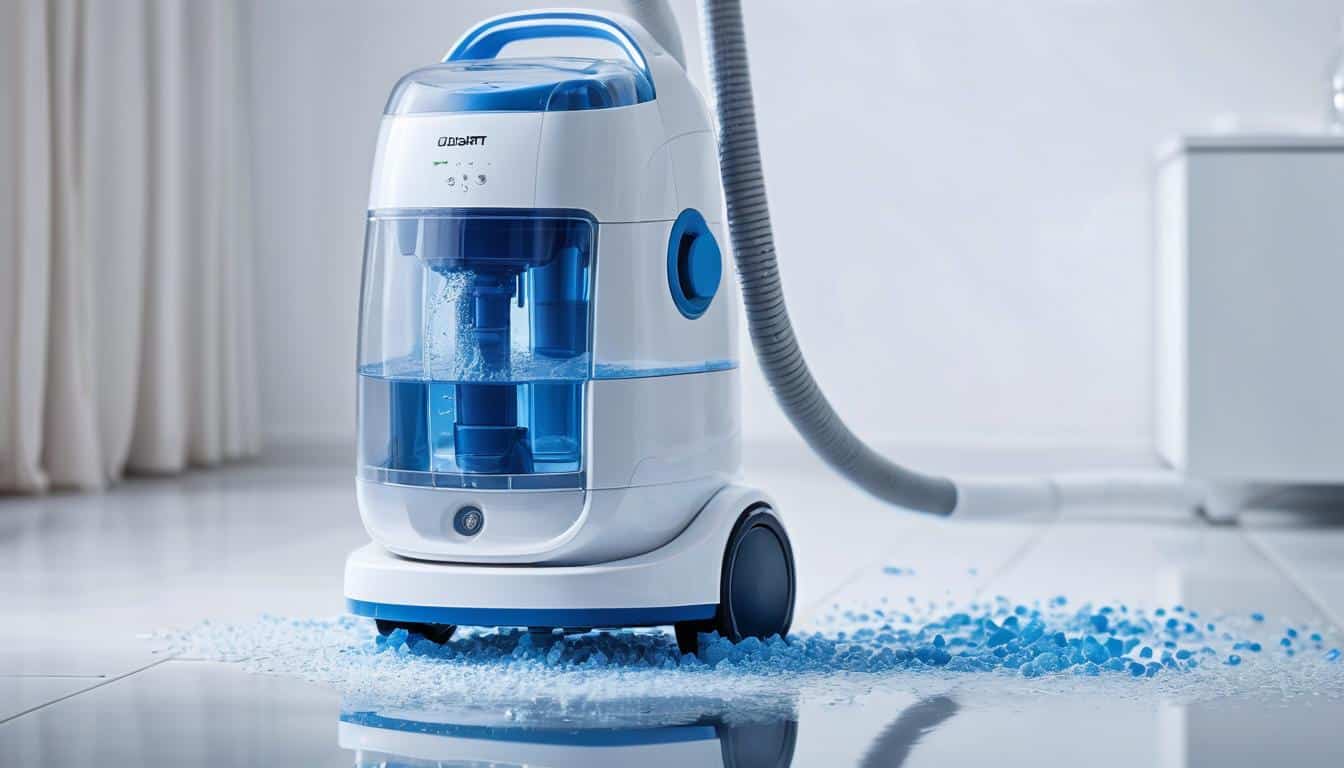
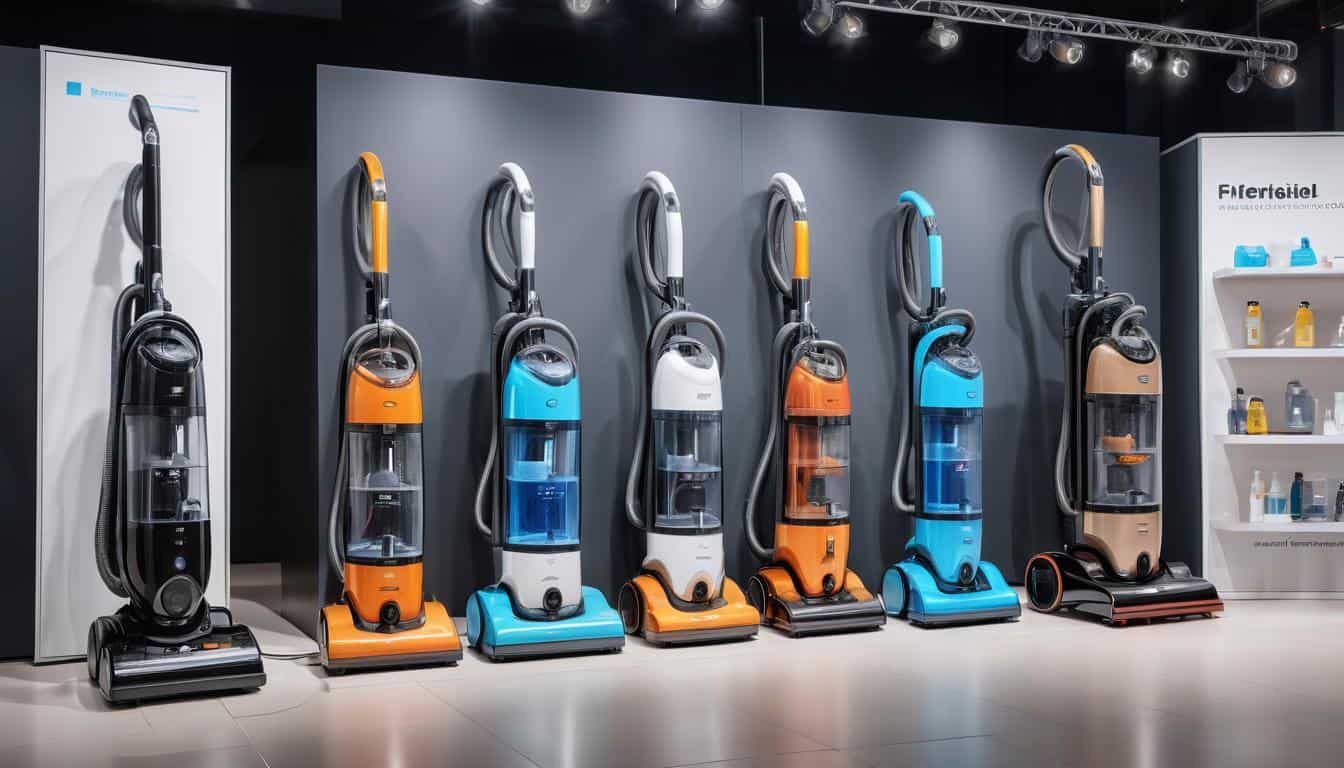

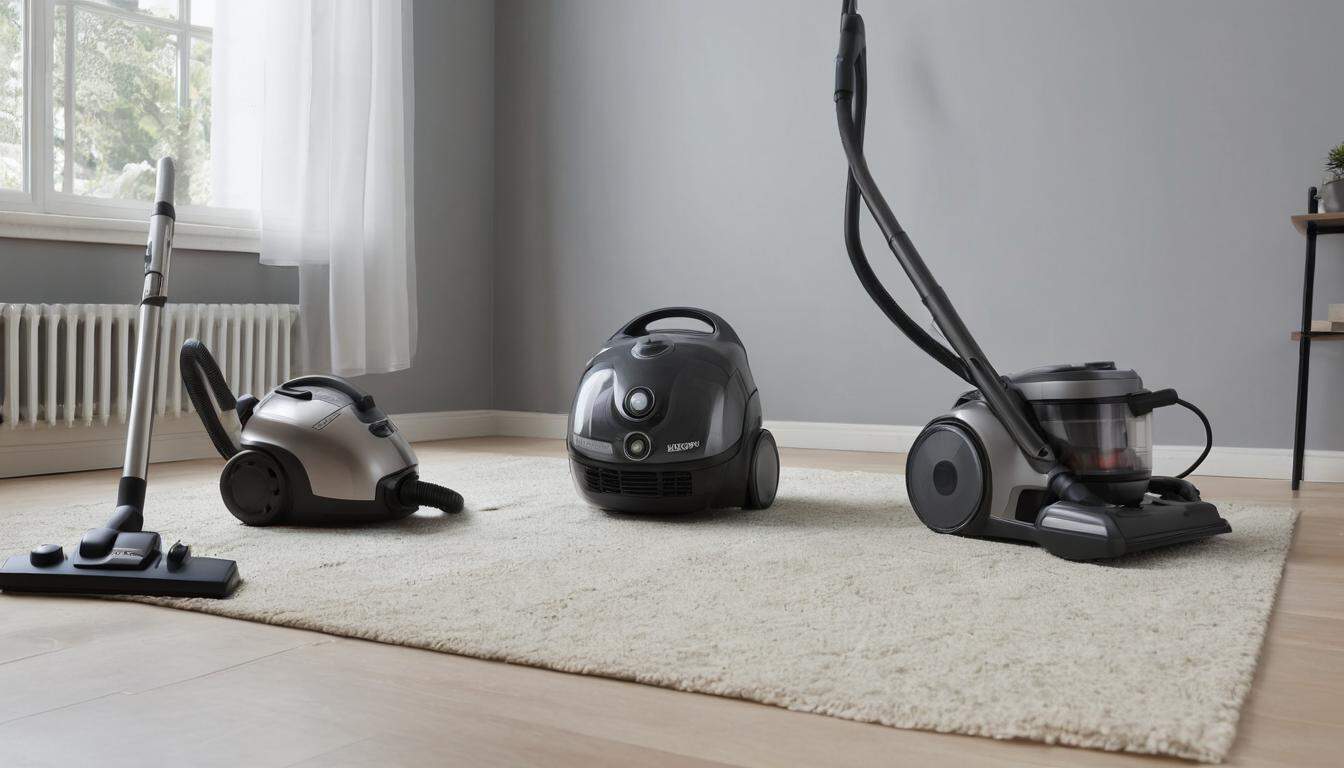
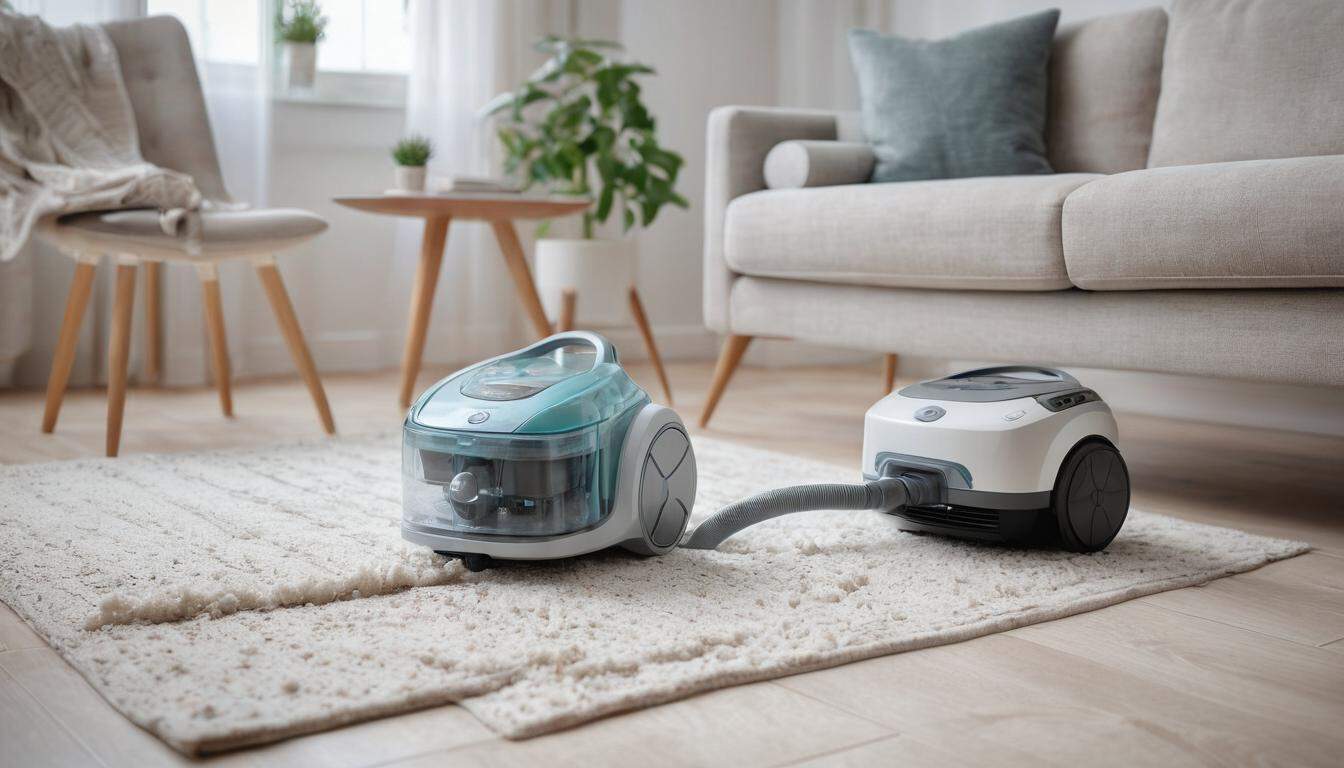
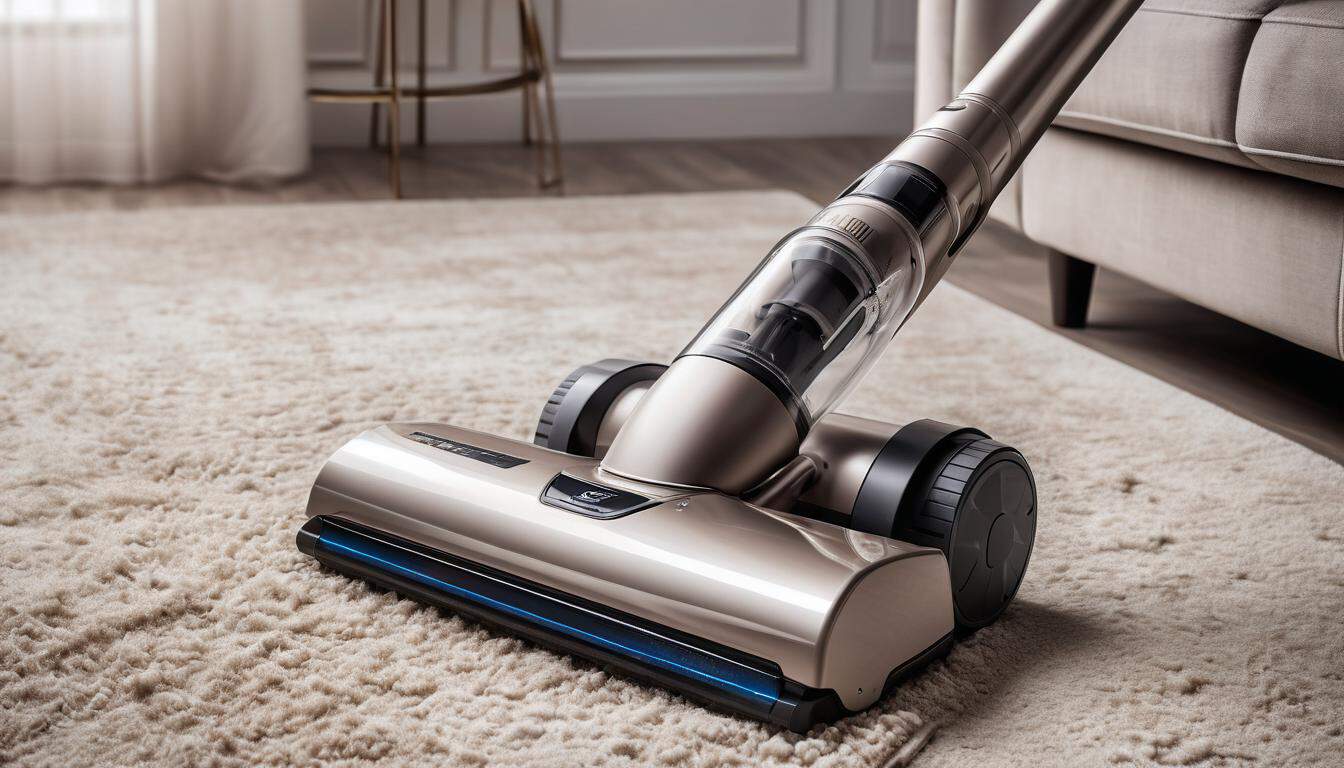
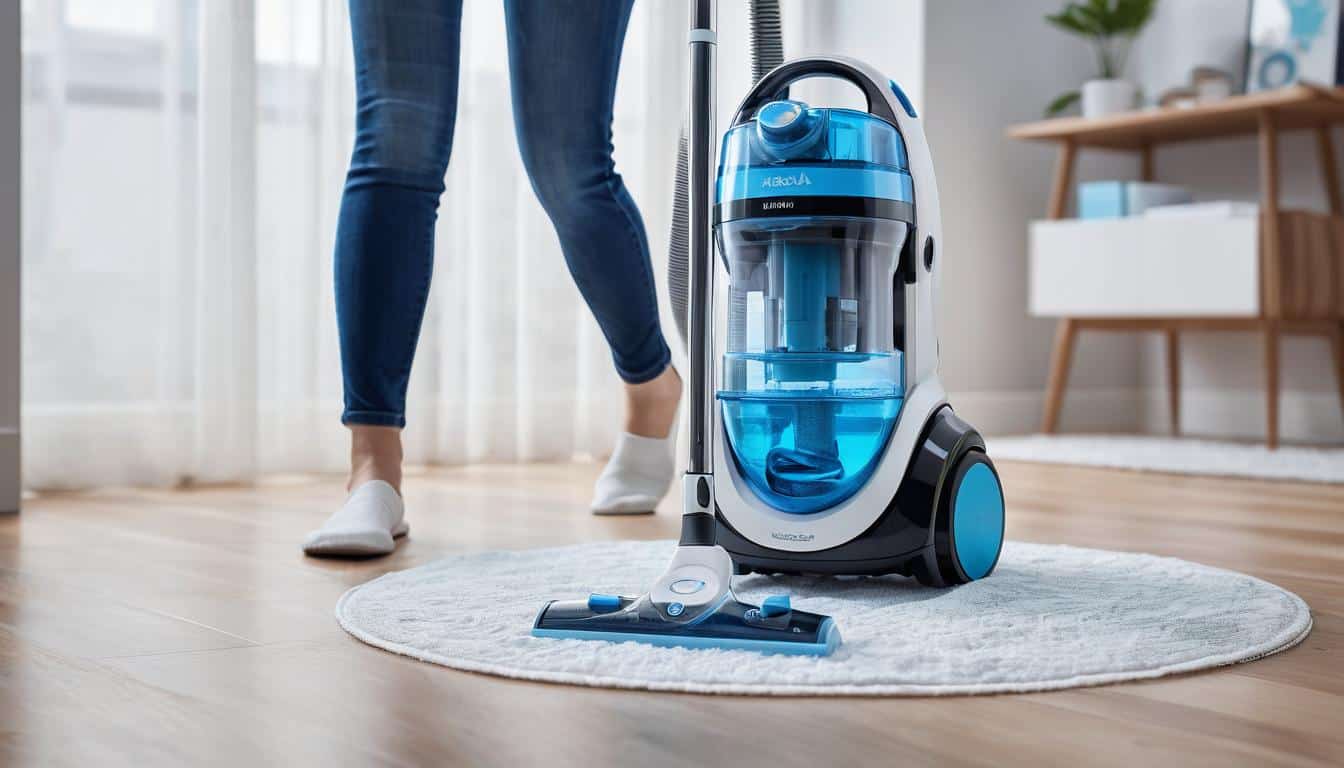
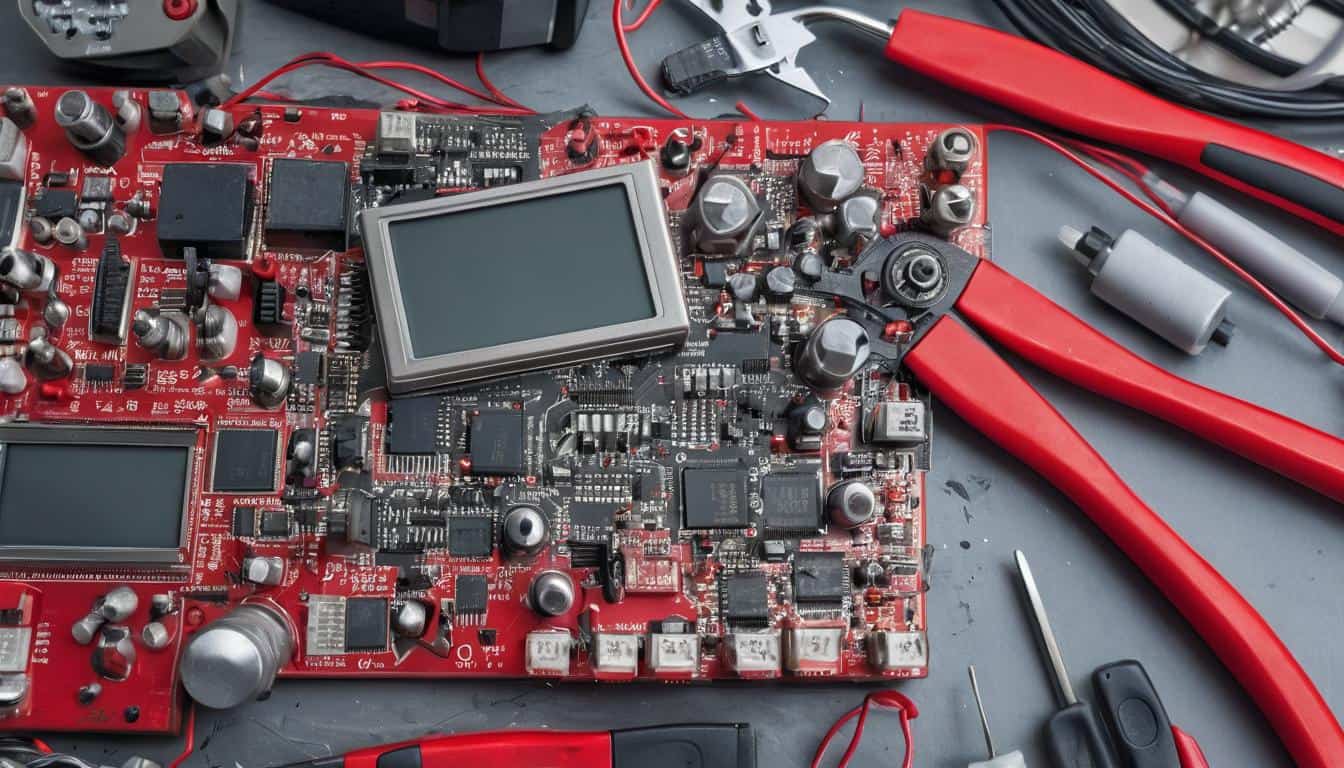
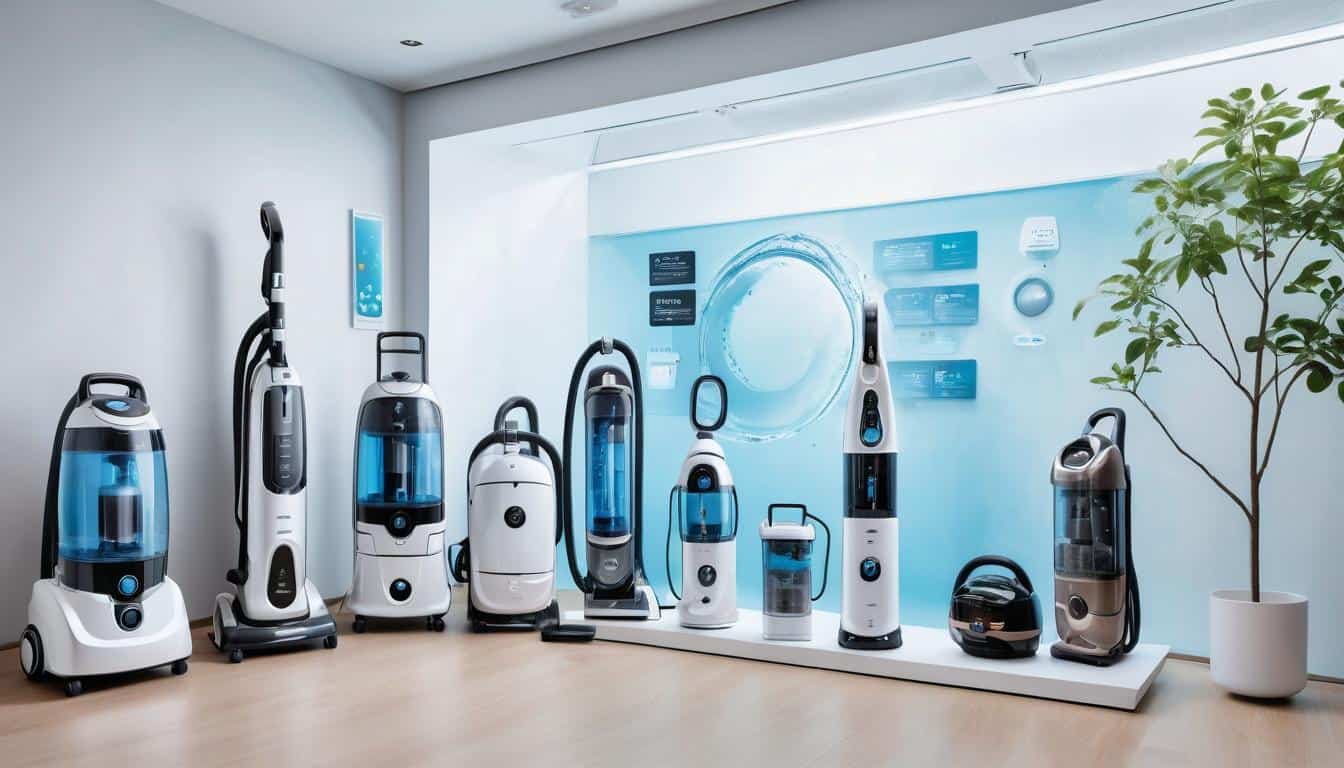
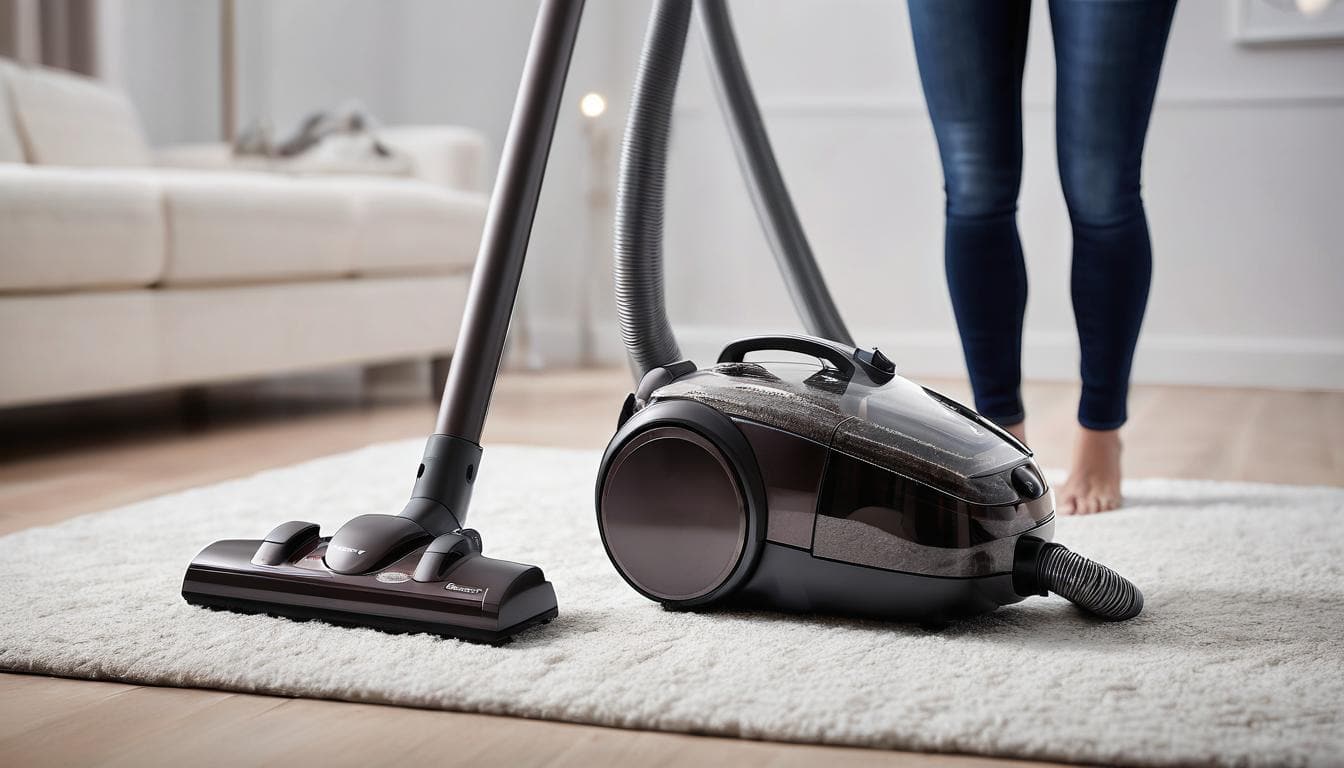
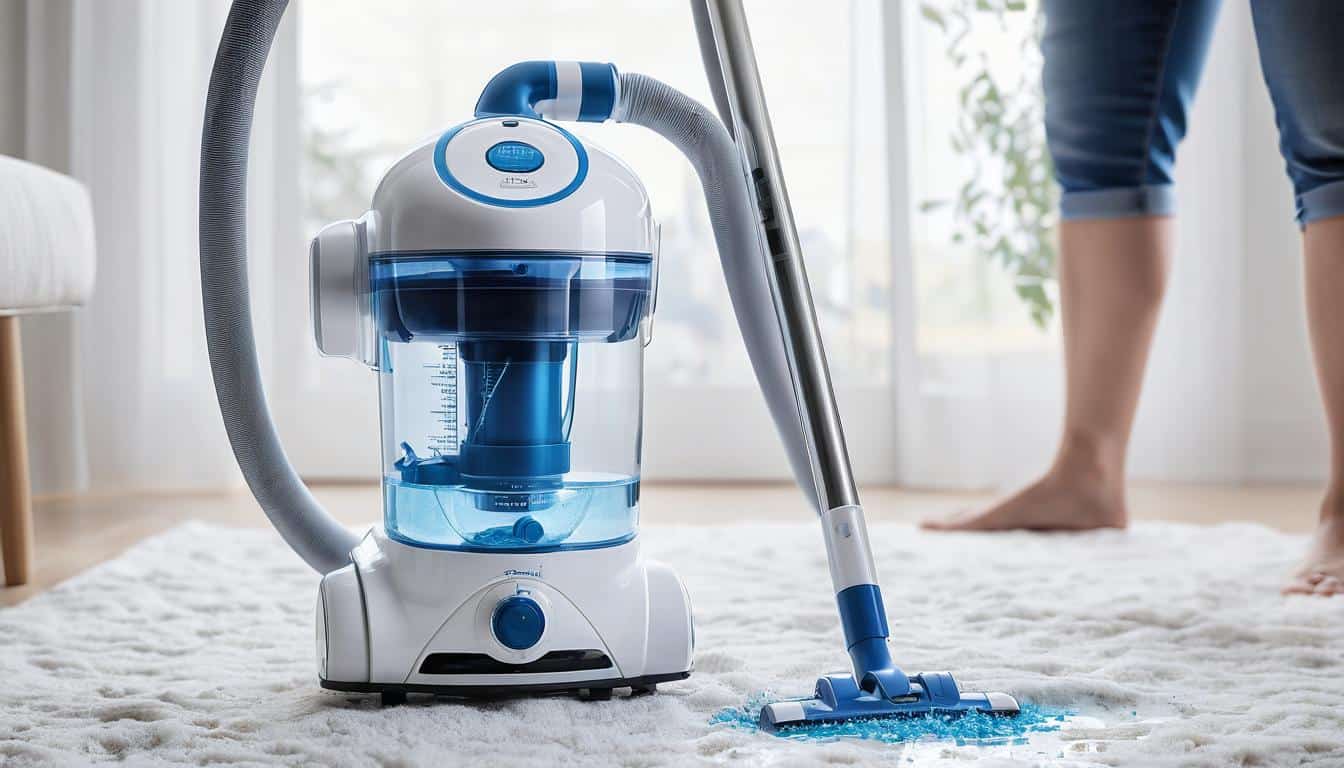
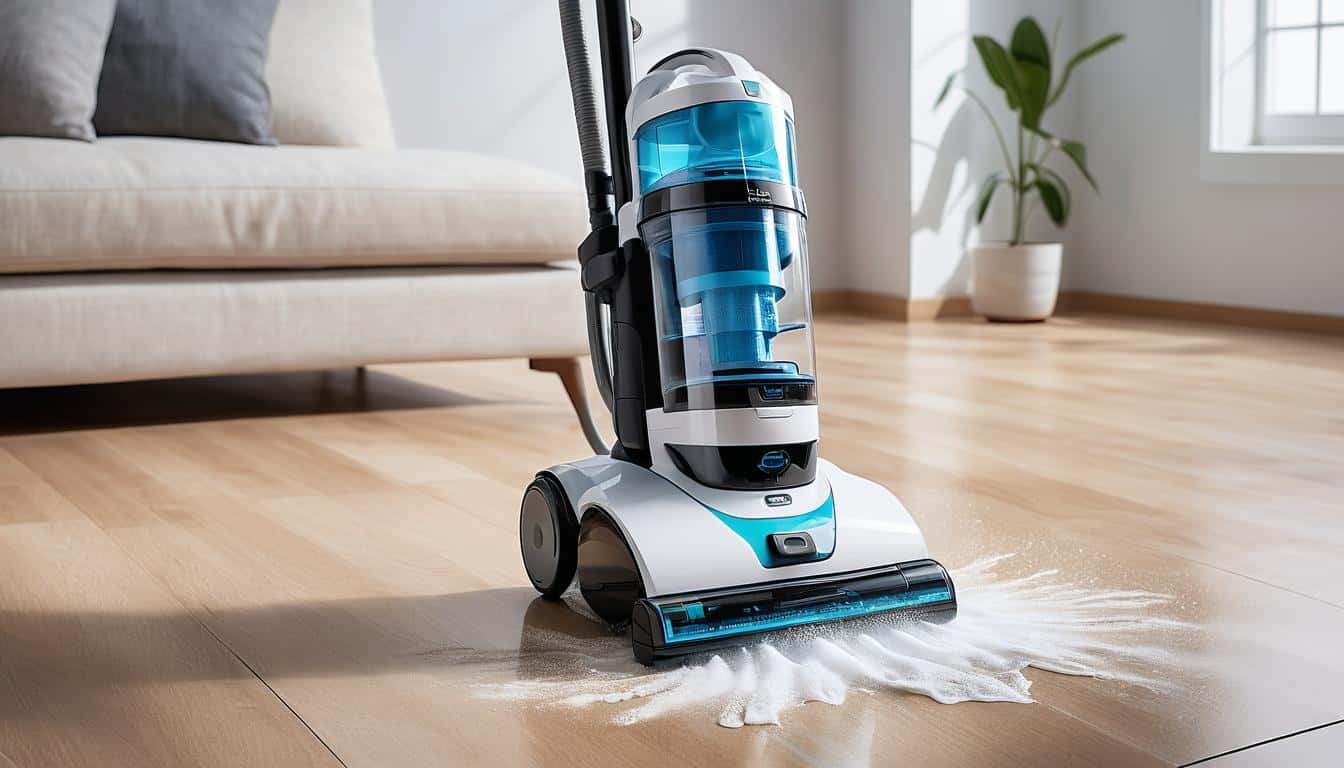
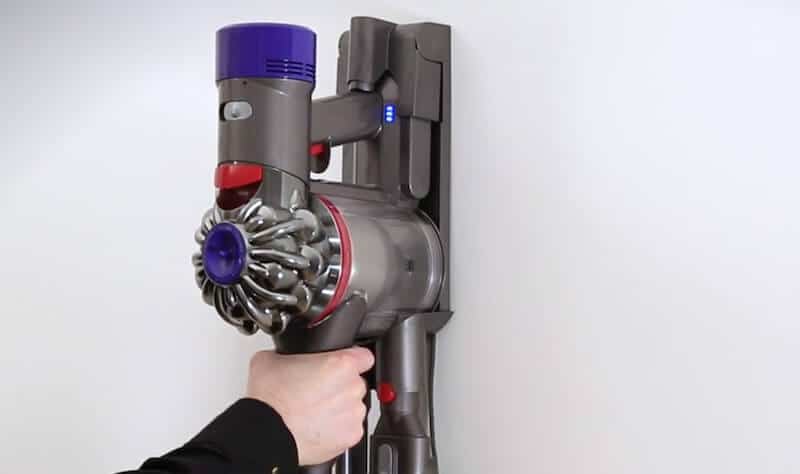
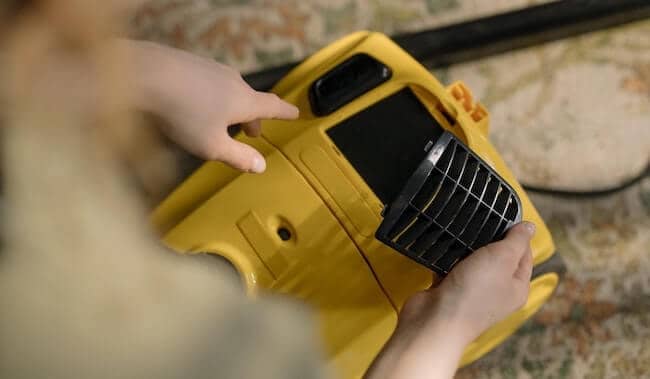
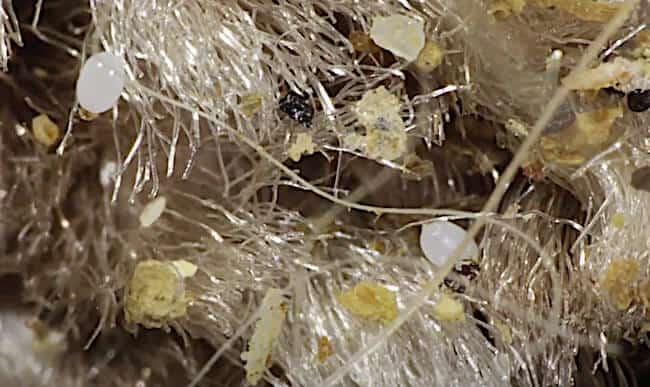

I’ve recently stocked a few water vacuum models in my store and I’ve received generally positive feedback from customers. The main point people seem to love is the lack of dust residue after cleaning, which is typically noticeable with traditional vacuum filters.
The water vacuum model I have leaves no dust residue on the carpet, it’s quite impressive how effectively it traps dust particles within the water compartment.
Are these water filtration vacuums designed to handle larger debris or are they more suited for fine dust collection? I am also wondering about the maintenance aspects of this technology. Would it need more regular cleaning given that it uses water as a filter medium? How often would one ideally have to replace the water filter and how easy is that process?
Dear Watson, while I’m not an expert on these water filtration vacuums, as an engineer what I understand is their primary function is to deal with finer dust collection. The water filter serves as an excellent collector for microbes and minute particles that conventional filters might miss. As for the larger debris, I’d assume it depends on the suction power of the particular unit. As for your question about maintenance, theoretically, it should require more cleaning due to potential build-up of gunk but I think this would be more manufacturer specific and subject to user handling.
Zephyr, you’re right about the micro particle trapping capabilities of water vacuums, but something to remember is they also require warmer climates for optimal performance; in colder environments, it’s possible the water becomes too viscous and inefficient for filtration.